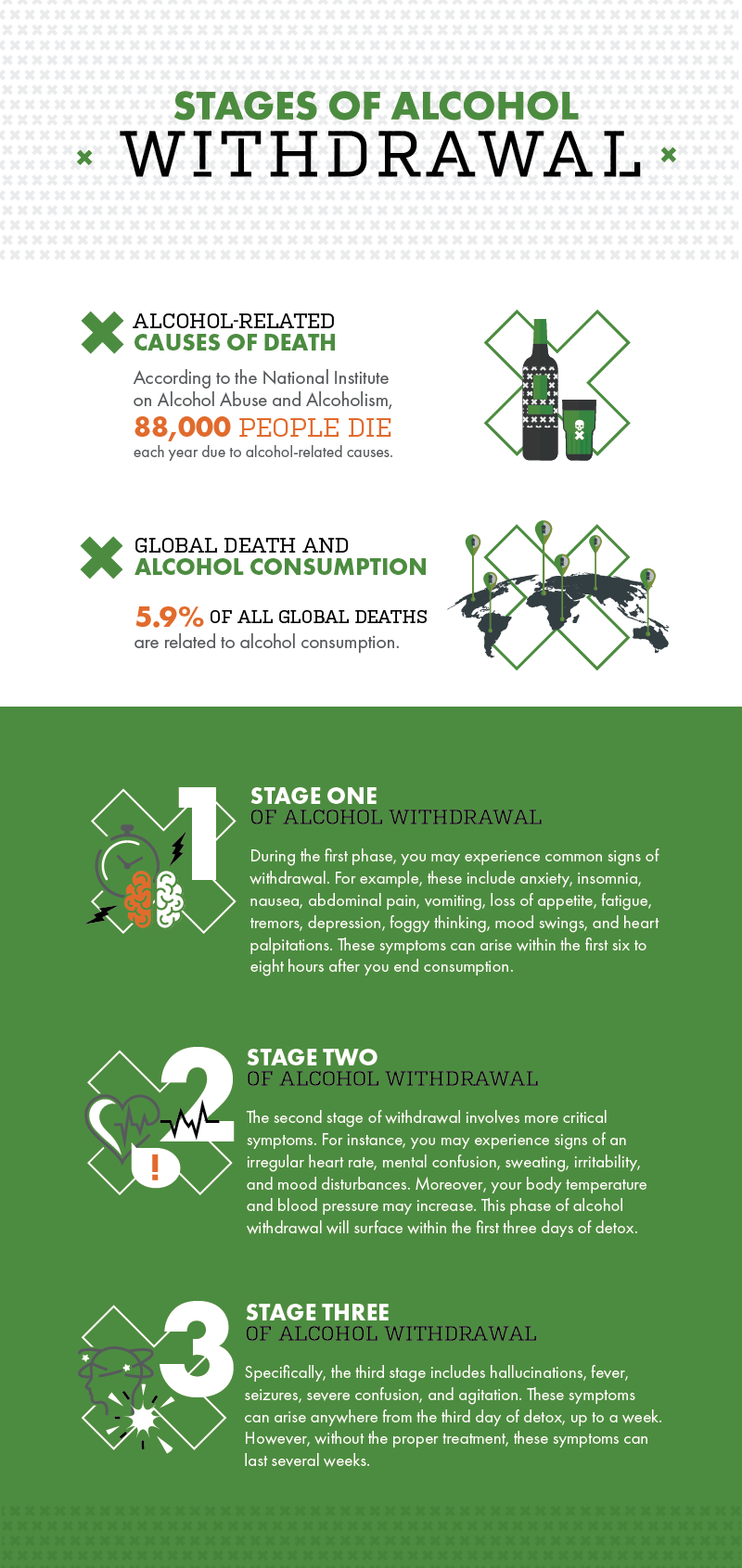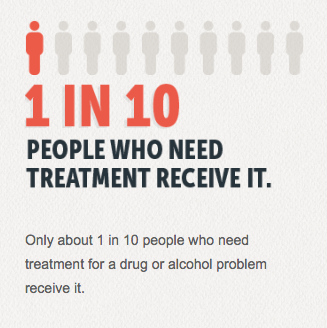Although there's no remedy for drug dependency, treatment choices described listed below can assist you overcome an addiction and stay drug-free. Your treatment depends upon the drug used and any related medical or mental health conditions you might have. Long-lasting follow-up is necessary to avoid relapse. Treatment programs generally provide: Person, group or family treatment sessions A concentrate on comprehending the nature of dependency, ending up being drug-free and preventing relapse Levels of care and settings that vary depending on your needs, such as outpatient, residential and inpatient programs The objective of detoxification, also called "detox" or withdrawal therapy, is to enable you to stop taking the addicting drug as rapidly and securely as possible.
Others might require admission to a medical facility or a property treatment center. Withdrawal from various classifications of drugs such as depressants, stimulants or opioids produces different adverse effects and needs various techniques. Detox might include slowly reducing the dosage of the drug or briefly substituting other substances, such as methadone, buprenorphine, or a mix of buprenorphine and naloxone.

Naloxone temporarily reverses the effects of opioid drugs. While naloxone has been on the marketplace for years, shipment systems such as Narcan (a naloxone nasal spray) and Evzio (a naloxone injection gadget) are now readily available, though they can be extremely pricey. Evzio is a small injection gadget that supplies voice instructions to direct the user and automatically place the needle into the thigh to deliver the naloxone injection.
As part of a drug treatment program, behavior modification a type of psychiatric therapy can be done by a psychologist or psychiatrist, or you may get counseling from a licensed alcohol and drug counselor. Therapy and counseling may be made with a private, a household or a group. The therapist or therapist can: Assist you develop methods to deal with your drug yearnings Suggest techniques to avoid drugs and avoid regression Offer ideas on how to deal with a regression http://sarrec88bj.nation2.com/why-is-methadone-used-as-a-treatment-for-heroin-ad if it happens Speak about issues regarding your job, legal issues, and relationships with family and good friends Include relative to assist them establish much better interaction skills and be supportive Address other psychological health conditions Many, though not all, self-help support groups utilize the 12-step model very first established by Alcoholics Anonymous.
The self-help support group message is that addiction is a persistent disorder with a threat of relapse. Self-help support system can decrease the sense of shame and seclusion that can result in regression. Your therapist or certified therapist can help you locate a self-help assistance group. You may likewise discover support system in your neighborhood or on the internet.
The Basic Principles Of How Marijuana Legalization Is Affecting The Treatment Of Substance Abuse Addiction
Learning new coping skills and understanding where to discover aid are vital. Taking these actions can help: Drug addiction is linked to a number of issues that Find more info may be aided with treatment or therapy, consisting of other underlying mental health concerns or marriage or family problems. Seeing a psychiatrist, psychologist or certified counselor might assist you regain your assurance and mend your relationships.
Seek instant treatment from a qualified psychological health professional if you have any signs or signs of mental health issues. Support system, such as Narcotics Anonymous or Twelve step programs, can be very reliable in dealing with dependency. Empathy, comprehending and shared experiences can assist you break your addiction and remain drug-free.
You can begin by discussing your substance usage with your primary physician, or request a recommendation to a professional in drug dependency, such as a licensed alcohol and drug therapist, or a psychiatrist or psychologist. Take a relative or buddy along (how many addiction treatment centers are there in the us). Here's some info to help you prepare for your visit.
To get an accurate idea of which treatment may help, be truthful with your physician or other psychological health professional. that you're taking, and the does. Inform the doctor about any legal or prohibited drugs you're utilizing. your physician or psychological health specialist. Some questions to ask your doctor may include: What's the best method to my drug dependency? Should I see a psychiatrist or other mental health professional? Will I require to go to the hospital or invest time as an inpatient or outpatient at a healing clinic? What are the alternatives to the primary technique that you're suggesting? Are there any sales brochures or other printed product that I can have? What websites do you recommend? Don't be reluctant to ask other questions throughout your consultation.
Be ready to answer them to reserve time to discuss any points you wish to focus on. Your doctor may ask: What drugs do you use? When did your substance abuse initially start? How typically do you use drugs? When you take a drug, just how much do you utilize? Do you ever feel that you might have a problem with drugs? Have you attempted to stop on your own? What occurred when you did? If you tried to quit, did you have withdrawal signs? Have any family members slammed your substance abuse? Are you all set to get the treatment required for your drug addiction? Oct.

The Only Guide to Where Do People In Grand Forks Go For Addiction Treatment?
Alcohol And Drugs Can Pirate Your BrainPeople with dependency lose control over their actions. They long for and look for drugs, alcohol, or other substances no matter what the costeven at the threat of harmful relationships, injuring family, or losing tasks. What is it about dependency that makes people behave in such damaging ways? And why is it so hard to quit? NIH-funded scientists are working for more information about the biology of addiction.
However even for those who've effectively quit, there's constantly a danger of the addiction returning, which is called relapse. The biological basis of addiction assists to explain why people require a lot more than excellent intentions or determination to break their addictions. "A common misperception is that dependency is an option or moral problem, and all you need to do is stop (why is methadone used as a treatment for heroin addiction?).
George Koob, director of Alcohol Rehab Center NIH's National Institute on Alcoholic Abuse and Alcohol Addiction. "The brain really alters with addiction, and it takes an excellent deal of work to get it back to its regular state. The more drugs or alcohol you've taken, the more disruptive it is to the brain." Researchers have actually discovered that much of addiction's power lies in its capability to hijack and even ruin crucial brain regions that are implied to help us make it through.
It does this by changing on brain circuits that make you feel fantastic, which then motivates you to duplicate those habits. On the other hand, when you're in danger, a healthy brain presses your body to respond rapidly with worry or alarm, so you'll get out of damage's method. If you're lured by something questionablelike eating ice cream before supper or purchasing things you can't affordthe front regions of your brain can help you decide if the repercussions deserve the actions.
Drugs or alcohol can hijack the pleasure/reward circuits in your brain and hook you into desiring a growing number of. Dependency can also send your psychological danger-sensing circuits into overdrive, making you feel distressed and stressed when you're not using the drugs or alcohol. At this phase, people often use drugs or alcohol to keep from feeling bad rather than for their pleasant effects.